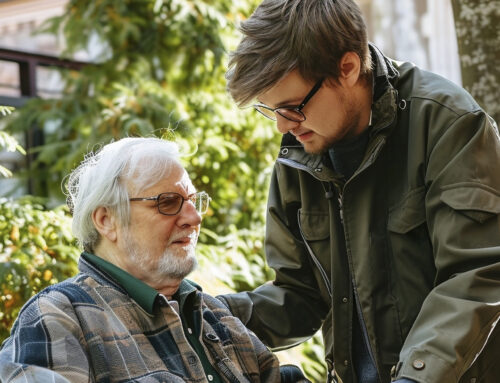Often when learning, we are interacting with others. At school, we learn how to collaborate with our peers, participate in team sports, and present group projects. Later in life, we may belong to a network, join a club, or travel with friends. We all have learning preferences based on myriad factors. Maybe we have a genetic predisposition, maybe we were raised in an environment rich with natural resources, or more than likely, we possess multiple intelligences that fuel the way we access and process information. Sometimes, because of our individual intellectual capacities, it may be challenging to engage in a group activity that doesn’t align with our strengths.
It seems like common sense…wouldn’t you expect to accelerate your learning or enhance your mood by interacting in an environment with people who are like minded, doing activities that align with your intellectual capabilities and skills? I know my high aptitude in visual intelligence makes me more inclined to excel when pictures or images are involved in my processing and distribution of information. I need to see a map instead of listening to verbal directions. I like arrows and traffic signs, written instructions, and lists. Knowing my personal strengths makes a huge difference in my walk in life. According to Howard Gardner’s Multiple Intelligence Theory, we all have eight distinct intelligences that contribute to each step of our journey. This is crucial information not only for those people who are teaching us, but also for those people who are caring for us, especially when we are no longer cognitively healthy.
A person with dementia is easily overstimulated, agitated and frustrated. In a group setting, one that is arranged merely based on a blanket activity rather than individual intelligences, a person with dementia may be unable to tolerate the requisite environment or communication methods compatible with his/her intelligences. It is important for practitioners to not only recognize this intolerance, but proactively organize group activities that align with individuals’ strengths. For instance, instead of offering rote group activities such as Ring Toss, BINGO, and Trivia games for all residents, why not offer multiple activities based on individuals’ intelligences? Those with musical intelligence may attend a singing group, while those with linguistic intelligence may write poetry or listen to a poetry reading. Those with bodily-kinesthetic intelligence may enjoy Charades or crafting. Since residents with dementia no longer have the freedom to choose their activities in the outside world or choose to participate in groups based on their liking or comfort level, let’s help them find their happy place.
-Melissa Mirabello





